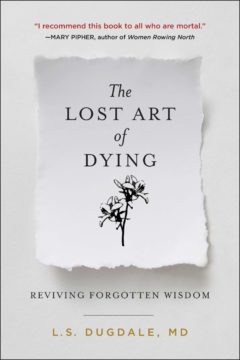Ian Marcus Corbin in The Point:
 Matter and energy are neither created nor destroyed, or so says modern physics. The subatomic substrate that adds up to the eyes scanning these words, the fingers holding them within sight and all the rest of your soft, unaccountable self, used to belong to other things—an apple or a cow, maybe—and they will belong to yet others in the future. What we are now, as long as we are, is a temporary contraction.
Matter and energy are neither created nor destroyed, or so says modern physics. The subatomic substrate that adds up to the eyes scanning these words, the fingers holding them within sight and all the rest of your soft, unaccountable self, used to belong to other things—an apple or a cow, maybe—and they will belong to yet others in the future. What we are now, as long as we are, is a temporary contraction.
A physician’s basic job, given this reality, is to study the normal, unspeakably complex system of unification that holds our bodies in being, and if some organ or node starts to divert from that system, steer those parts back toward the accustomed path. Until, that is, the gathering force—soul? Divine design? DNA? Choose your own poetry here—loosens its grasp, as it inevitably will, and our parts disperse. How should physicians, and the rest of us, approach this natural dispersal? This is the question animating Lydia Dugdale’s wise, humane book, The Lost Art of Dying: Reviving Forgotten Wisdom. It is a question made urgent by Dugdale’s very plausible suggestion that contemporary Americans are in the habit of dying very badly.
More here.
